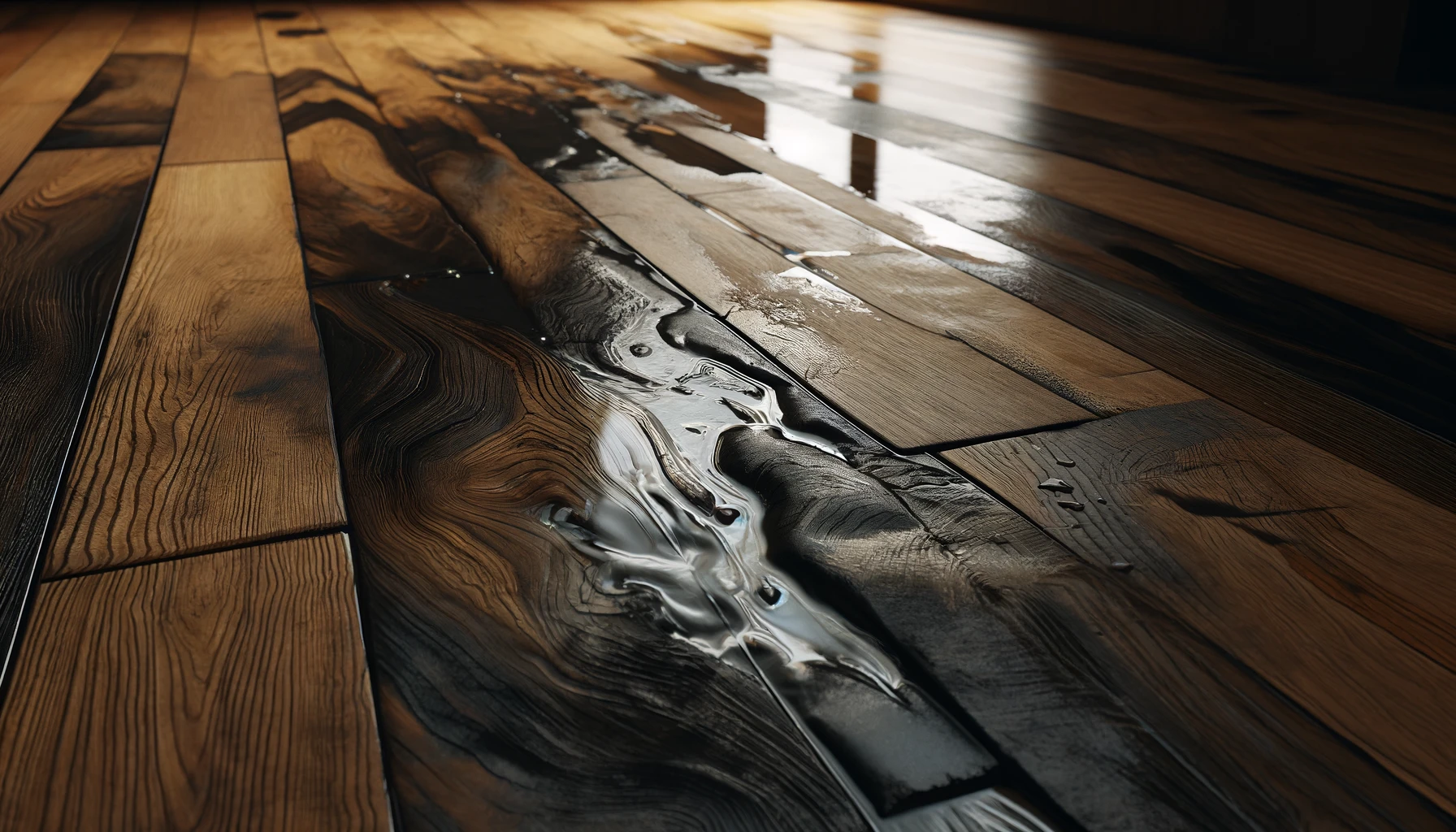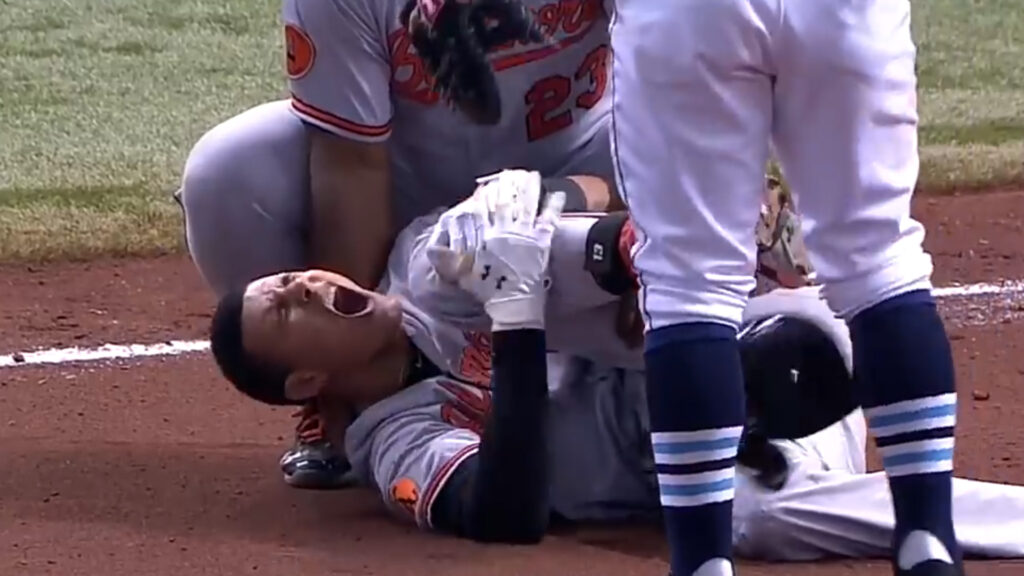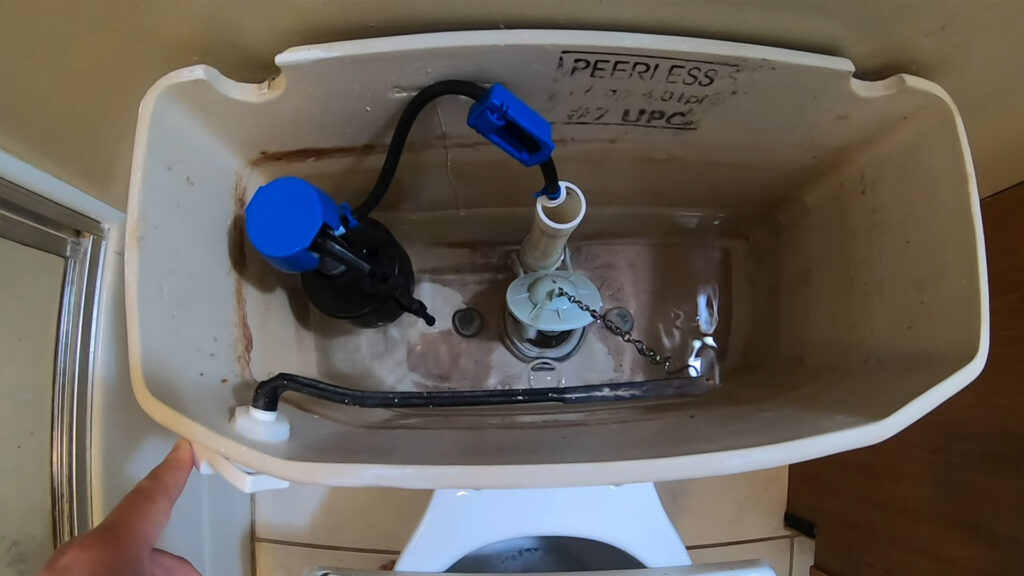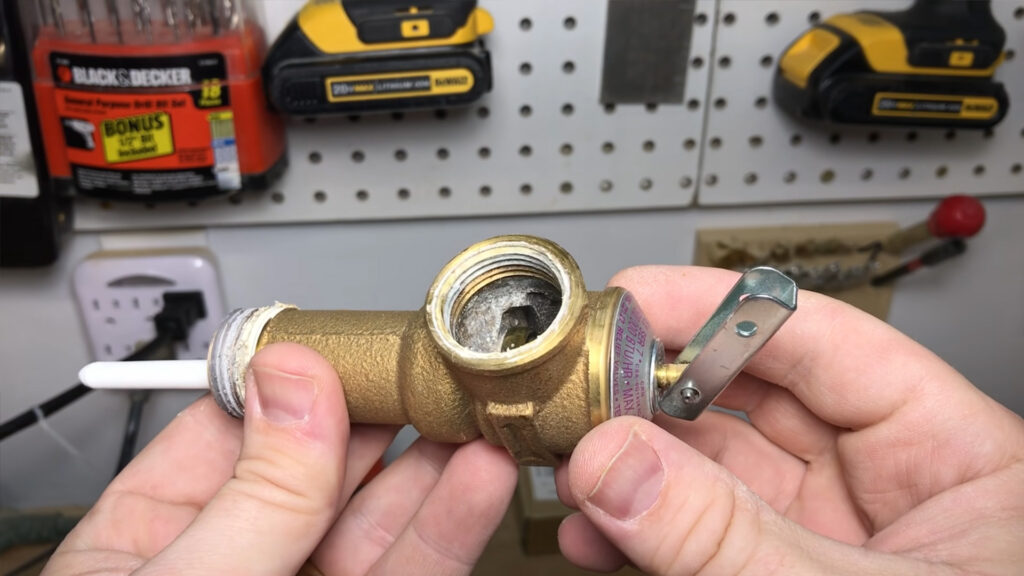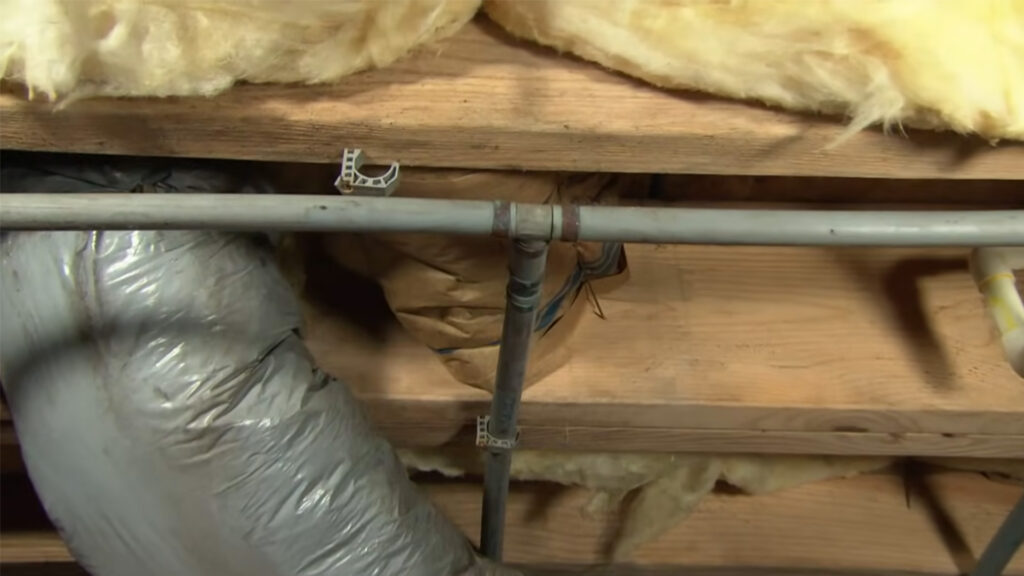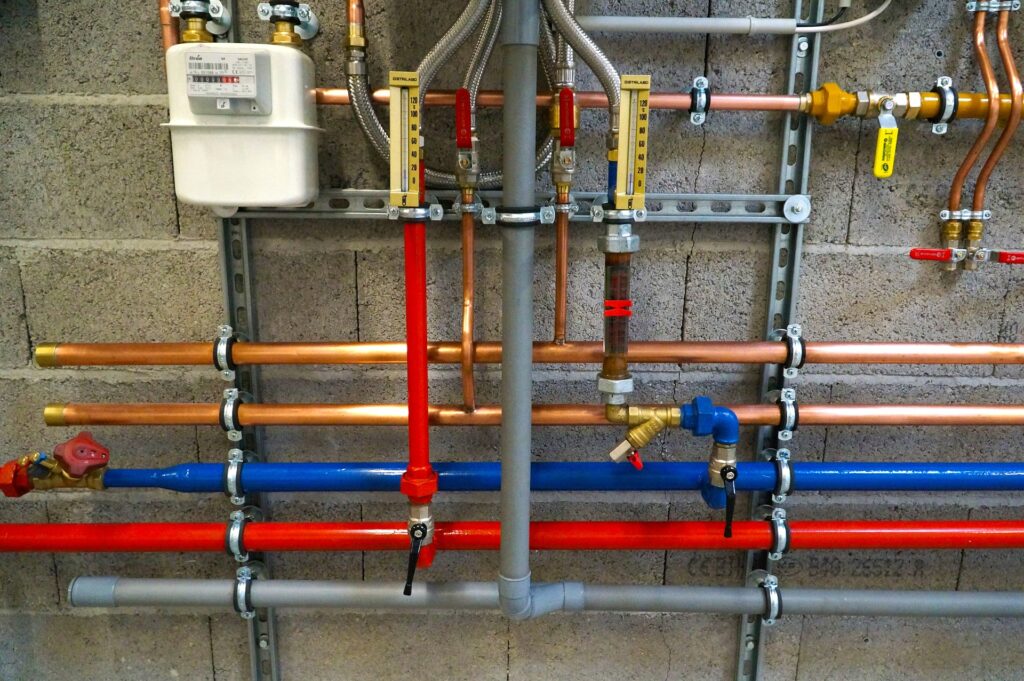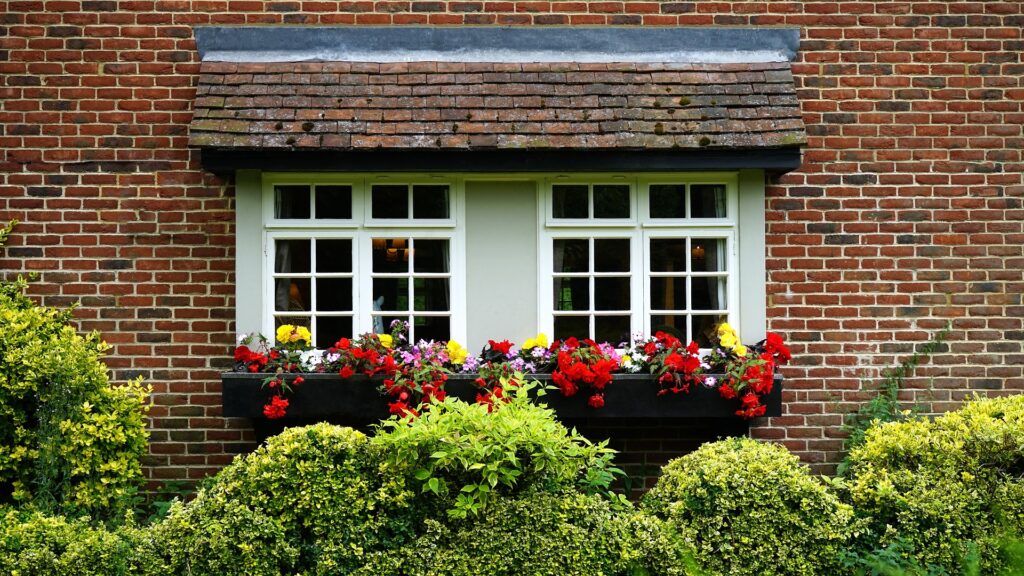Water damage is a homeowner’s nightmare, and it’s particularly frustrating when it’s caused by a service provider like an HVAC company. Whether it’s a leaking air conditioner, faulty installation, or a mishandled repair, water damage from HVAC systems can lead to costly repairs and long-term issues if not addressed promptly. In this article, we’ll explore the causes of HVAC-related water damage, how they might happen, and what you can do about it. We’ll also discuss what to expect from your homeowners insurance in Philadelphia.
Common Causes of HVAC-Related Water Damage
- Clogged Drain LinesHow It Happens: HVAC systems, particularly air conditioners, produce condensation that needs to be drained away from the unit. The condensation is usually directed to a drain line, which can become clogged with dirt, mold, or debris. If a technician fails to clean or properly maintain these drain lines during installation or repair, water can back up and spill into your home, leading to water damage.
- Improper Installation of Condensate PumpsHow It Happens: In some HVAC systems, a condensate pump is used to move the water produced by the system to an appropriate drainage area. If this pump is installed incorrectly or malfunctions, it can cause water to leak into your property. For instance, if the pump is not aligned correctly or if the technician fails to secure it properly, water can escape and damage surrounding areas.
- Leaky DuctworkHow It Happens: Ductwork can develop leaks over time due to wear and tear, poor installation, or damage during repairs. Leaks in ductwork that passes through unconditioned spaces, such as attics or crawlspaces, can cause condensation to form. If an HVAC technician does not seal the ducts properly or fails to notice the signs of duct leakage during maintenance, this condensation can accumulate and lead to water damage.
- Faulty or Incorrectly Sized HVAC UnitsHow It Happens: An HVAC unit that is too large for your property can cycle on and off too frequently, leading to improper dehumidification. On the other hand, an undersized unit might run continuously without adequately removing moisture from the air. Both scenarios can cause excess humidity, which can result in water damage over time, especially if not addressed during regular maintenance.
- Frozen Evaporator CoilsHow It Happens: Evaporator coils in air conditioning units can freeze due to low refrigerant levels, blocked airflow, or dirty coils. When these coils eventually thaw, the resulting water can overflow the drain pan, causing water to leak into your home. If an HVAC technician fails to detect and address the underlying issue, it can lead to significant water damage.
Steps to Take If Your Property Suffers Water Damage from an HVAC Company
- Document the Damage
- Immediately document the water damage by taking photos and videos. This will be crucial for insurance claims and any potential disputes with the HVAC company.
- Contact the HVAC Company
- Inform the HVAC company about the water damage as soon as possible. Reputable companies should address the issue, whether through repairs or compensation. Ensure that you communicate in writing and keep records of all interactions.
- Mitigate the Damage
- Take steps to prevent further damage, such as turning off the HVAC system, mopping up excess water, and using fans or dehumidifiers to dry the area. If the damage is extensive, contact a water damage restoration company like Philly Damage Restoration to assess and repair the damage.
- Review Your Homeowners Insurance Policy
- Check your homeowners insurance policy to see if water damage caused by the HVAC company is covered. In many cases, homeowners insurance will cover sudden and accidental water damage, but it may not cover damages due to negligence. It’s important to understand the specifics of your policy and whether it includes coverage for the type of water damage sustained.
Understanding Homeowners Insurance in Philadelphia
Philadelphia homeowners face unique challenges due to the city’s weather patterns and older housing stock. As such, it’s crucial to understand how your homeowners insurance policy applies to HVAC-related water damage.
- Coverage for Sudden and Accidental Damage
- Most standard homeowners insurance policies in Philadelphia cover sudden and accidental water damage, which includes issues like a burst pipe or an overflow due to a malfunctioning HVAC system. If the HVAC company’s work directly caused the damage, your insurance may cover the cost of repairs.
- Exclusions and Negligence
- However, insurance companies may deny claims if the water damage is deemed to result from negligence, such as improper maintenance of the HVAC system or a known issue that was not addressed. Additionally, damages resulting from long-term wear and tear, such as a slowly leaking duct over months or years, may not be covered.
- Third-Party Liability
- If the HVAC company is found to be at fault, your insurance provider may pursue a claim against the company’s liability insurance. This process, known as subrogation, allows your insurance company to recover the costs of the damage from the at-fault party.
- Flood Insurance
- It’s important to note that standard homeowners insurance does not cover flood damage. If water damage from an HVAC malfunction leads to significant flooding, you’ll need a separate flood insurance policy to cover the costs.
Conclusion
Water damage from HVAC systems can be a significant issue, especially when caused by improper installation or maintenance by an HVAC company. Understanding the common causes and knowing the right steps to take can help minimize the damage and ensure that you’re adequately covered by your homeowners insurance. If you experience water damage, reach out to Philly Damage Restoration for expert help in restoring your property and navigating the complexities of insurance claims in Philadelphia.

